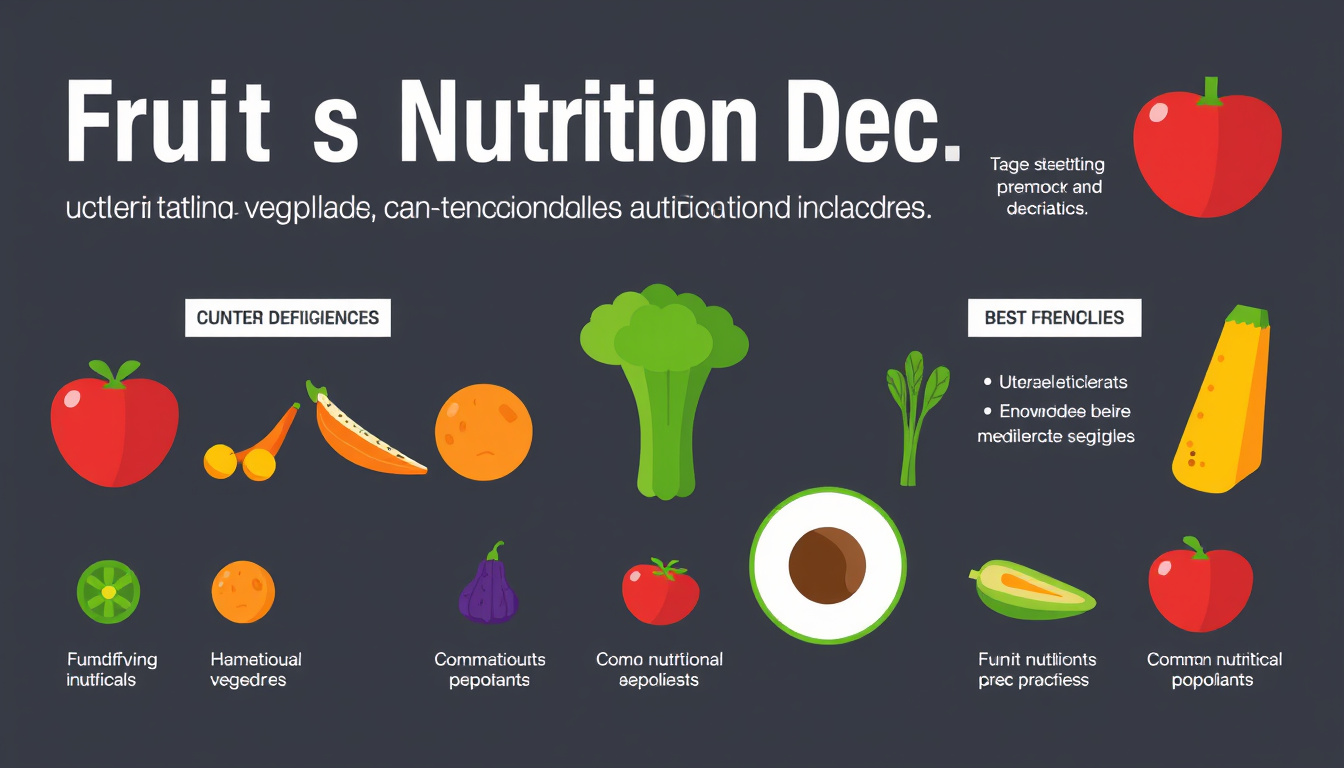In today’s fast-paced world, many people lack key nutrients.
They miss out on vitamins, minerals, and the energy the body needs.
This loss of nutrients may cause health issues if not fixed fast.
This article shows common reasons for poor nutrition and simple ways to fix it.
What Is Nutritional Deficiency?
Nutritional deficiency means the body misses vitamins, minerals, or important macronutrients like protein, carbohydrates, and fats.
Each word here connects closely with the one before it: the body needs these parts to work well.
These nutrients help make energy, support the immune system, and repair tissues.
All ages can suffer, but young children, pregnant women, and older adults often feel this lack most.
The first signs can be small: tiredness, feeling weak, or pale skin.
Catching these signs soon can stop bigger problems such as anemia, weak bones, or immune problems.
Common Causes of Nutritional Deficiency
Seeing why the body misses nutrients helps us set up fixes.
Below are the main reasons some people do not get enough nutrition:
1. Poor Dietary Choices
A diet that repeats the same items or leans on processed food makes it hard to get enough nutrients.
Foods loaded with sugar, salt, and low-quality fats often lack the help the body needs.
For example, eating mostly fast food or ready snacks cuts out many vitamins and minerals you need.
2. Malabsorption Issues
Some health problems make the body struggle to break down and use food.
Having conditions like celiac, Crohn’s, or trouble with lactose stops nutrients from being absorbed even when you eat healthy foods.
3. Increased Nutrient Needs
At some stages or in some conditions, the body asks for more nutrients.
Pregnant women, athletes, or people recovering from sickness need many vitamins and minerals.
Failing to give the body more can quickly cause a shortage.
4. Limits in Food Access
Not having steady access to a mix of healthy foods can lead to poor nutrition.
Places where fresh fruit and vegetables are hard to find make it tough to get good food.
This lack can come from low income or being in rural spots.
5. Medical Conditions and Medications
Some medicines change how the body uses food.
Drugs like antacids or water pills may stop nutrients from working normally.
Other illnesses such as kidney problems or cancer change what the body needs or how it absorbs food.
6. Aging
As we grow older, our appetite, digestion, and nutrient uptake may drop.
This change means older adults might miss key parts of their diet.
Remedies and Prevention of Nutritional Deficiency
We can fight poor nutrition with changes in how we live and with some help from doctors.
Below are ways to fix and stop nutrient shortages:
1. A Varied Diet
The best step is to eat many different foods—fruit, vegetables, whole grains, lean meats, and good fats.
Mixing foods close together in each meal helps the body get what it needs.
Tip: Try to add leafy greens, berries, nuts, fish, and beans to your meals.
2. Supplements
Sometimes, food alone does not fill the gaps.
Supplements such as vitamin D, B12, iron, and calcium can be added when a diet is not enough.
Always talk with a doctor before you start any supplements.
3. Regular Health Check-Ups
See a health professional on a regular basis.
Simple blood tests can show if your levels of key nutrients are low.
Early tests help you fix a shortage before it grows.
4. Treating Underlying Issues
Caring for health problems that stop the body from using food is very important.
Doctors may suggest medicines, new daily habits, or a special diet plan.
5. Improving Food Access
Community projects that bring healthier food to neighborhoods help many people.
Even growing some of your own food can bring more variety to your diet.
6. Learning About Nutrition
Reading labels, learning simple cooking methods, and planning balanced meals give you the power to eat well.
Exact troubleshooting tips:
• Cut down on processed foods.
• Put nutrient-dense foods in every meal.
• Check your health with routine doctor visits.
• Ask your doctor about supplements.
• Help support food programs in your area.
Frequently Asked Questions about Nutritional Deficiency
Q1: What are the most common nutritional deficiencies in adults?
A: Many adults lack iron, vitamin D, vitamin B12, calcium, and iodine.
These shortages often tie back to daily meal choices.
Q2: How can I tell if I have a nutritional deficiency?
A: Signs might include tiredness, weakness, fragile nails, paleness, or weight loss without a reason.
A blood test is the best way to know for sure.
Q3: Can a nutritional deficiency be reversed?
A: Yes, by changing food habits, taking supplements as needed, and taking care of health issues, most shortages can be reversed or well managed.
The Importance of Preventing Nutritional Deficiency
Staying ahead of health issues with good nutrition supports the body well.
A proper diet keeps the body strong, speeds up energy levels, and cuts down on the chance of long-lasting problems.
World health experts say that a complete diet is the base for strong health and growth.
Working to fix nutrient gaps can boost your health and quality of life.
Through better food choices, medical care, or community support, you can build a path to better well-being for yourself and your family.
Take Action Today!
Do not wait until you feel very sick.
Start by seeing what you eat now.
Visit your doctor for routine tests and think about adding food rich in nutrients to your day.
Good nutrition builds a life full of energy and strength.
Commit now so your health stays at its best.
Your health is a gift.
Understand and fix any nutrient gaps now to live a full and active life.



